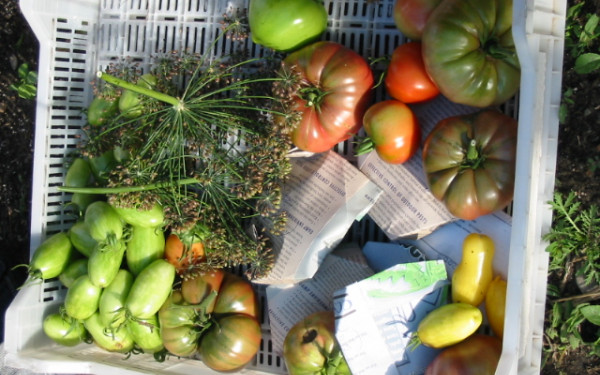2110 Centre & Missing Justice to Host Teach-In
Education on Systemic Violence Against Native Women
The number of native women reported to have gone missing or been murdered in Canada over the past three decades varies greatly—depending on who you ask.
The federal government believes the number to be roughly 600, whereas activists put the figure closer to 3,000.
“The higher number is very likely the more accurate one,” said Maya Rolbin-Ghanie, member of the advocacy group Missing Justice and the Concordia-based 2110 Centre for Gender Advocacy.
According to Rolbin-Ghanie, the federal government’s numbers are largely based on incomplete research done by Sisters in Spirit, a Native Women’s Association of Canada initiative.
That research project saw its federal funding cut in 2010, despite the fact that it was “nowhere near done [its] work,” according to Rolbin-Ghanie.
She also noted that, regardless of the discrepancy, both numbers remain worthy of our attention.
Students and members of the community are invited to meet on Jan. 16 to learn about the roles the media, police and justice systems have in perpetuating violence against Native women in Canada.
The teach-in will be presented by the 2110 Centre, in partnership with Missing Justice, a grassroots campaign based in Montreal seeking justice for the hundreds—possibly thousands—of First Nations women who have gone missing or been murdered.
The event will begin with a presentation, followed by a brief question-and-answer period.
“I hope that people will [acquire] a deeper, broader understanding of the wide range of issues that go into creating an environment that is so unsafe for one particular sector of the population,” explained Rolbin-Ghanie.
According to her, First Nations people often distrust the police, while the police often delay the search for missing native women if they have reason to believe they may have been promiscuous or have used drugs in the past.
She believes institutionalized racism and “victim-blaming” might also be responsible for the failures of the police and justice system.
While corporate news organizations have been getting better at humanizing native victims, Rolbin-Ghanie said, there still has been a lack of in-depth analysis of the root causes of the violence in the media.
“The media have generally not been the best at helping to counteract the stereotypes and helping to get the word out,” she said.
Although the teach-in was planned well before the rise of the Idle No More movement, Rolbin-Ghanie definitely sees the event as having a role to play in the larger protest movement taking place across the country and, increasingly, around the globe.
“We’re trying to create an understanding that the violence against native women is completely and utterly linked to what the Canadian economy is based on, which is natural resource extraction,” she said.
“I don’t think you can have this level and type of violence against native women and native communities without a certain kind of violence against the Earth […] and against native communities in order to gain that so-called ‘natural capital.’”
It’s a concern that is likely to gain some traction in the weeks to come; the environment, resource extraction and the relationship between First Nations communities and the federal government are among the principal concerns of Idle No More protesters.
The Dragonroot Project: A Workshop Series on Gendered Violence & Radio-Making / Jan. 16 / (1500 de Maisonneuve Blvd. W., #404) / 6:00 p.m

_700_1050_90.jpg)



